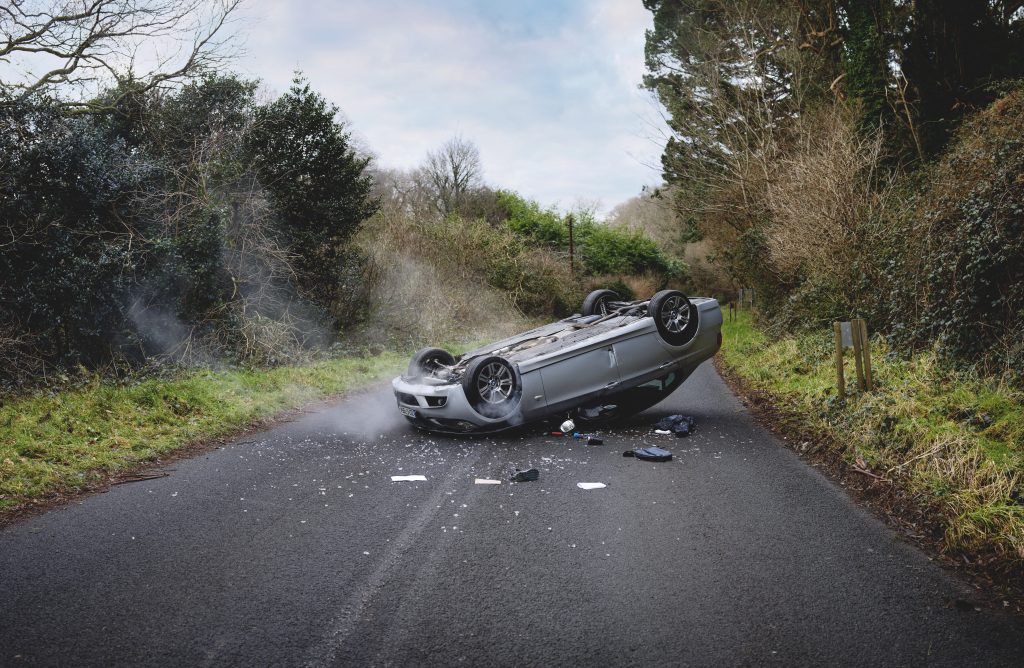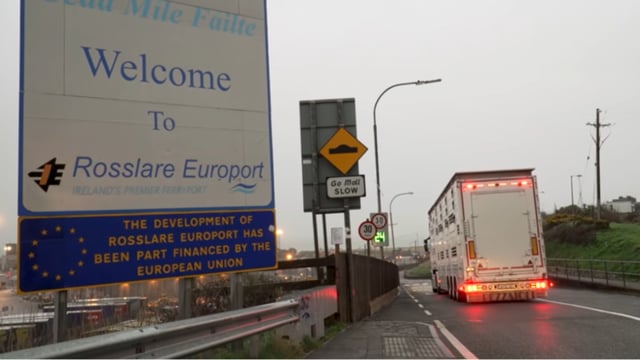Survey: 54% of drivers exceeded speed limit on 30km/h roads
The Road Safety Authority (RSA) has released the findings of its latest 'Free Speed' survey, which shows that excessive speed continues to be a serious issue across Ireland.
The 2024 survey shows that while compliance with speed limits is generally better on higher-speed roads, rates of speeding remain unacceptably high, especially on urban roads and among specific vehicle types such as heavy goods vehicles (HGVs).
Over half of drivers (54%) exceeded the speed limit on 30km/h roads, with compliance showing only a slight improvement from 2023;
Speed is a key risk factor in road traffic injuries. According to the European Road Safety Observatory (ERSO), speed is estimated to contribute to 10-15% of all collisions and up to 30% of fatal collisions.
Monitoring compliance with speed limits is therefore vital to inform the development of road safety interventions, the RSA has stated.
Director of partnerships and external affairs at the RSA, Sarah O’Connor said the results show that speeding remains a persistent threat to safety on our roads, particularly in urban areas where vulnerable road users such as pedestrians and cyclists are at greatest risk.
“The evidence shows that reducing speed saves lives and prevents serious injuries. We are urging all drivers to take personal responsibility, reduce their speed, and recognise that even small reductions in speed can make a life-saving difference," O'Connor said.
"Driving within the speed limit is not just about obeying the law - it’s about saving lives."
The RSA has been conducting free speed surveys since 2006.
The 2024 survey collected data at 80 locations nationwide, covering roads with speed limits of 30km/h, 50km/h, 60km/h, and 80km/h, while Transport Infrastructure Ireland (TII) data was used to assess compliance on 100km/h and 120km/h roads.
Key findings of 'Free Speed' survey
- Over half of drivers (54%) exceeded the speed limit on 30km/h roads, with compliance showing only a slight improvement from 2023;
- More than four in 10 drivers exceeded the limit on 50km/h and 60km/h roads;
- On 80km/h and 100km/h roads, just over a third of drivers exceeded the posted speed limit. However, compliance rates declined slightly compared to 2023;
- Motorways had the lowest rate of non-compliance, with around one in six drivers exceeding the 120km/h speed limit, similar to 2023 results;
- Speeding was more common during night-time and early morning hours (8:00p.m–8:00a.m) on nearly all road types, a pattern consistent with the 2023 study;
- On weekends, speeding increased notably on 50km/h and 60km/h roads, while weekday speeding was higher on 80km/h roads;
- HGVs had a particularly high rate of non-compliance on 100km/h and 120km/h roads. E.g., on 100km/h roads, HGV drivers are legally required to travel at speeds of no more than 80km/h and 78% of HGV drivers were found to have exceeded that limit on 100km/h roads. This trend has remained consistent in recent years.
Sarah O’Connor added: “The levels of non-compliance on all urban roads (30km/h, 50km/h and 60km/h) represents a risk for vulnerable road users.
"In addition, non-compliance among HGV drivers on 100km/h and 120km/h roads is a major concern.
“With the summer months seeing increased numbers of cyclists and pedestrians on our roads, the RSA is calling on all motorists to moderate their speed, stay alert, and remember the life-saving impact of driving within speed limits."












